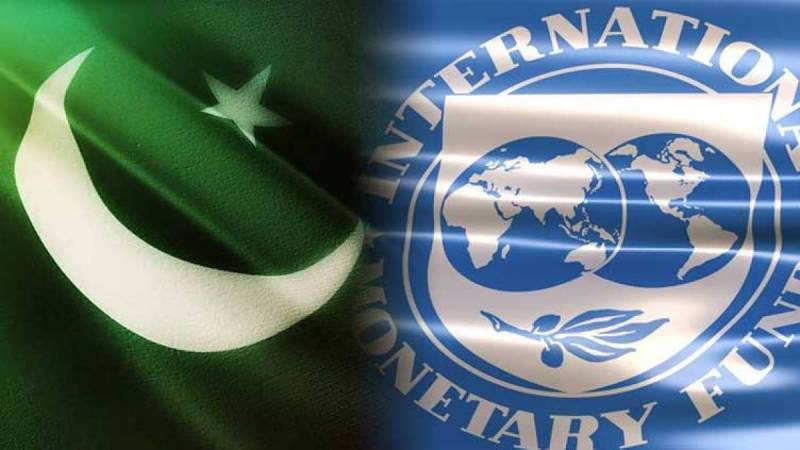
The outgoing week saw the International Monetary Fund (IMF) reach a staff-level agreement with Pakistan on the first review of the nine-month Stand-by Arrangement (SBA). The subsequent disbursement of a $700 million loan tranche is now contingent on formalities, and it is widely believed that the government will be able to navigate this programme smoothly until it ends in April 2024.
While this news is celebrated among political circles and the wider public, those with an understanding of Pakistan's economic health are likely to feel a sense of relief with this development while also being wary that the challenges are far from over.
One of those who feel this way would be Pakistan's Interim Finance Minister, Shamshad Akhtar. In a recent news conference, she acknowledged the possible need for another IMF programme after the current arrangement ends next year.
Her statement, though surprising for a few, is something that has been long predicted by many. The reason is the underwhelming economic fundamentals, especially on the external account, which have long plagued the country.
The Outlook
The Fund's statement on Pakistan's economic performance signals towards "a nascent recovery, buoyed by international partners' support" but also a word of caution regarding the underlying vulnerabilities. This was followed by a list of policy priorities that the IMF expects Pakistan to adhere to for a smooth transition towards stability.
These include keeping a check on fiscal deficits and subsequent borrowing, doubling down on social security programmes such as the Benazir Income Support Programme (BISP), further reforms in the energy sector, maintaining the market-based exchange rate, proactive monetary stance including a rate hike if cost pressures re-emerge, resolving the vulnerabilities in the financial sector, reforms within state owned enterprises (SOEs) and most importantly, accelerated engagement with bilateral and multilateral partners.
However, it doesn't take away from the fact that the economy is on course to recovery. As per a recent report by Topline Securities, titled, Pakistan Market Outlook, "Over the last few months, consumer price index (CPI) inflation has declined from a high of 38% in May-2023 to 27% in October 2023 in spite of recent increase in electricity prices. We believe that CPI inflation to fall sharply from Jan 2024."
Additionally, investor confidence is gradually picking up, reflected in the performance of the capital markets.
It is anticipated that the new government, following the elections, will negotiate with the IMF for a loan programme worth $8-10 billion, spanning over three to four years
"Recently, we have seen an overall improvement in investor confidence in Pakistan. This is evident not only from rising stock prices but also from the local bond market, which is rallying. Three-year local currency bonds (PIBs) have gained 13% in the last ten weeks. Similarly, Pakistan Dollar Eurobond (2025-2026) has gained 18-29% in last five weeks," read the Topline report.
Yet, significant risks remain. As per Mustafa Paracha from Tellimer: "Pakistan's equity valuations are cheap on a relative and absolute basis, and we feel a lot of the economic distress has already been priced in. However, given the short-term nature of the current IMF facility, fragile politics, adherence to fiscal austerity, and lack of long-term structural reform prospects - we think foreign investors will continue to favour other equity markets in the region, despite the strong returns this year at an index level."
Further, given the country's external debt repayment of more than $60 billion over the next three years, experts anticipate that another loan from the IMF will be necessary once the current short-term facility is completed.
According to the Topline analysis, it is anticipated that the new government, following the elections, will negotiate with the IMF for a loan programme worth $8-10 billion, spanning over three to four years. The sooner this agreement is reached by the new government, the stronger the possibility of generating a positive investor sentiment towards Pakistan's economy and markets.
While improving fundamentals is crucial, the road to recovery necessitates the successful conduct of national elections. The general polls are crucial to ending political and economic turmoil and would facilitate the return of civilian powers. While they may not eliminate the establishment's stronghold on the system, they have the potential to foster a greater level of confidence among those investing in and engaging with Pakistan.

